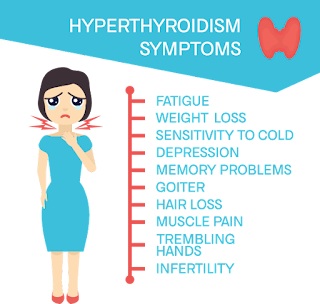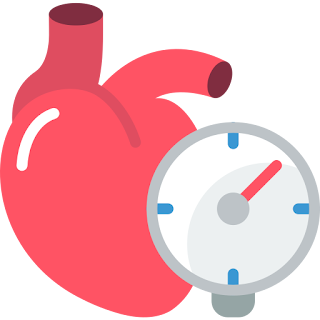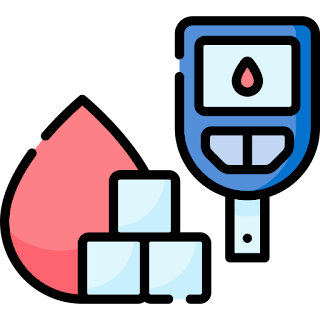Deciphering Hyperthyroidism: Understanding Diagnosis, Symptoms, and Management

Hyperthyroidism is a condition characterized by an overactive thyroid gland, leading to excessive production of thyroid hormones. These hormones play a crucial role in regulating various bodily functions, including metabolism, heart rate, and body temperature. When the thyroid gland becomes overactive, it can wreak havoc on the body, causing a wide range of symptoms and health complications. In this comprehensive blog post, we'll delve into the diagnosis of hyperthyroidism, explore its symptoms, and discuss strategies for management and treatment. Understanding Hyperthyroidism: The thyroid gland, located in the front of the neck, produces hormones called thyroxine (T4) and triiodothyronine (T3). These hormones are responsible for regulating metabolism, energy levels, and overall body function. In hyperthyroidism, the thyroid gland produces an excess of these hormones, leading to a state of hypermetabolism. Diagnosis of Hyperthyroidism: Diagnosing hyperthyroidism involves a combina

